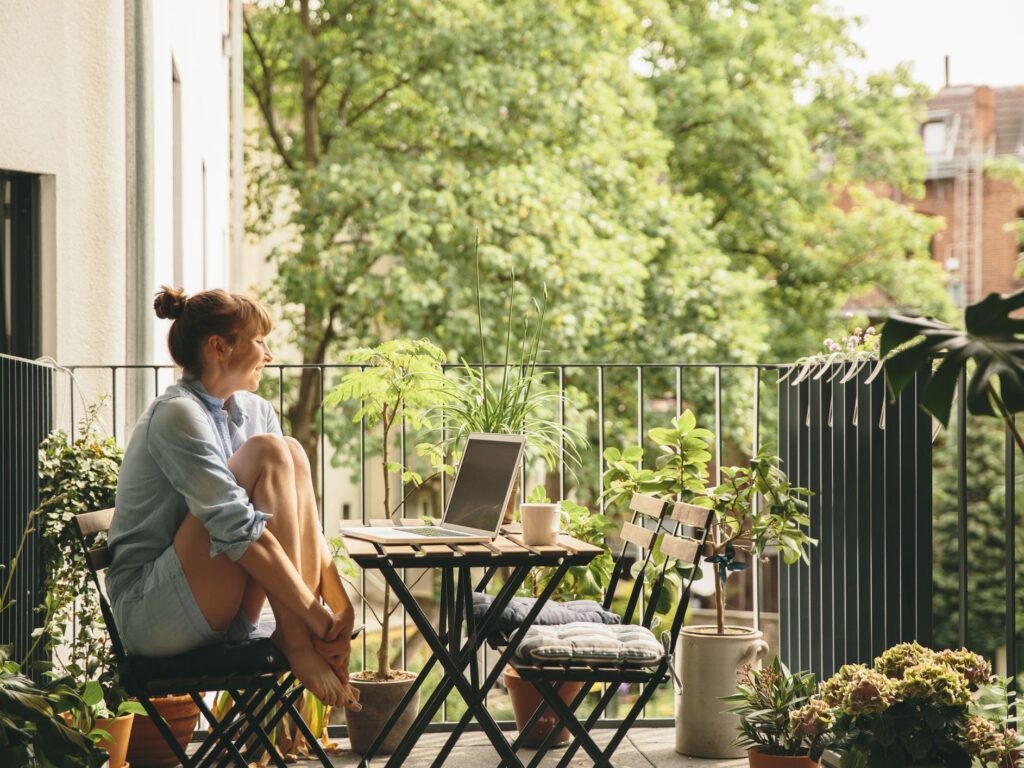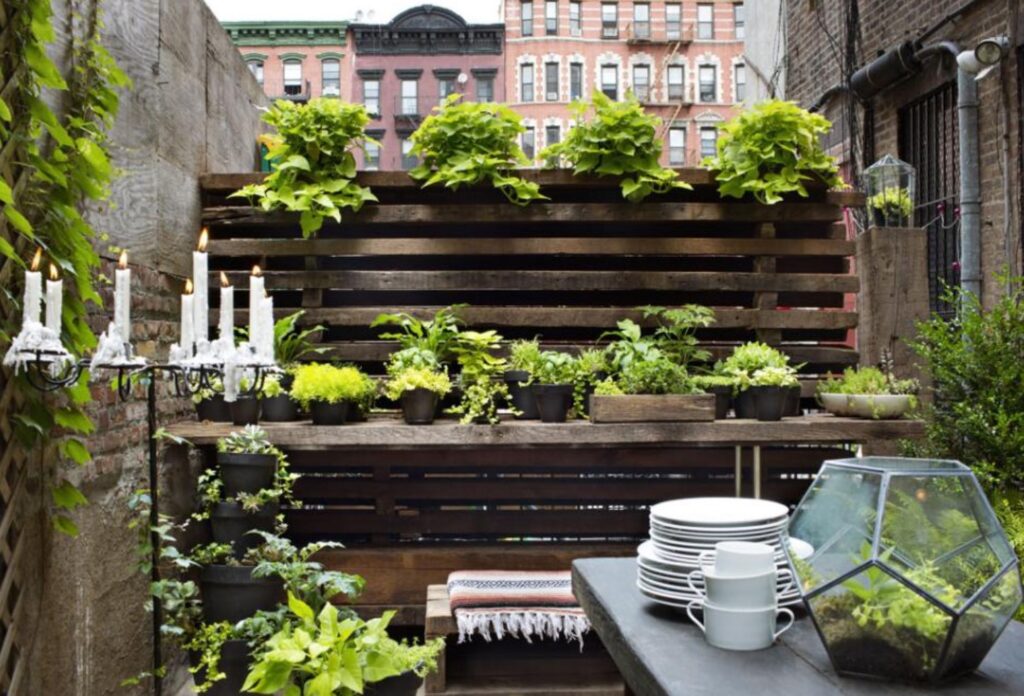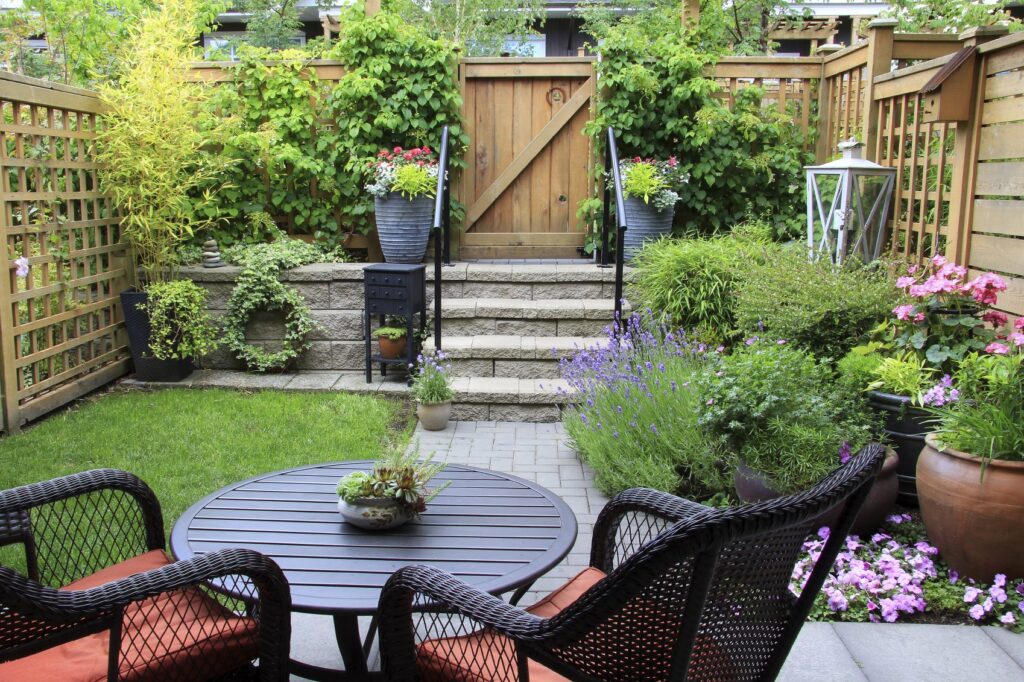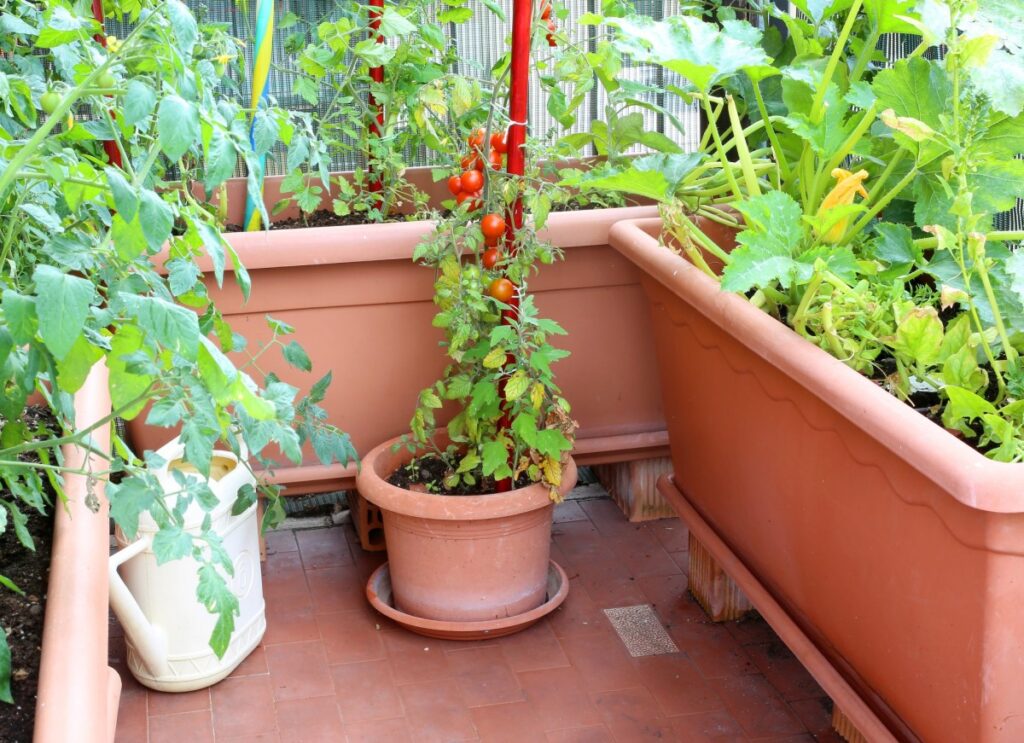Condos and apartments are both the same structurally; they are both small portions of a larger living complex. In the case of an apartment, a person pays rent and is bound to living in an apartment for a certain period of time by a written contract called a lease. The apartment is owned by another person who the apartment resident pays monthly rent to in exchange for being allowed to live there. Condos, on the other hand, are individually owned. The process of buying a condo is similar to buying a house in that the buyer will generally seek a mortgage loan from a bank.
Mortgage Benefits

The benefit of buying a condo rather than renting an apartment is that when a person buys a condo through a mortgage lender, their monthly mortgage payment can be locked in for the length of the loan. Apartment renters, however, do not have that luxury, and many find that rent increases at the termination of each lease term.
Because condos are individually owned units of a larger building or complex, the collective group of condo owners, referred to as the home owner’s association is the owner of the entire property. Homeowners associations generally charge condo residents a monthly fee, referred to as homeowner’s association dues, which go toward the maintenance of the entire unit. For major purchases or renovations to be approved, each condo owner will generally take a vote as to how their dues payments should be used. They can be used for repairs or for routine services like lawn maintenance, private security services, or trash collection.
Many people looking for a place to live for the long term may find that condos are more economical because mortgage payments are locked in, and home owner’s association dues can’t be increased without a collective vote. On the other hand, people who move a lot or are unsure of where they want to settle down may benefit from an apartment.
When a condo buyer has to move the burden of finding a buyer and closing the deal may take more time than is convenient for the owner. Many apartment owners who have to move can request to be released from their lease and incur a much smaller debt than a condo owner who has to continue to make mortgage payments until a new owner is found. In most cases, an apartment owner can buy themselves out of a lease if their apartment management agrees to such an arrangement.
For those who don’t move often and who know that they want to settle down right where they are, a condo is a great investment. Condos, like all other real estates, are great investments because of the increased chance that the property will rise in value. A person may be able to not only lock in their monthly mortgage payments but also turn a considerable profit from selling their condo at just the right time. Bother condo buying, and selling processes is easier with assistance from experts like Condo Wizard, so there isn’t much hassle in getting and transferring ownership.
All in all, it’s really a personal choice whether to live in a condo or an apartment. While condos can save and even make money, apartments offer the convenience of being easily left should the need arise.
Creating a Garden in Your Condo or Apartment

Do you think living in a condo or apartment you can’t enjoy the scenic beauty of a flower landscape or reap the bounty of a vegetable garden? Downsizing seems to be the norm these days, and with the current housing market, many people are moving to smaller homes. With a little thought and planning, you can take a little bit of nature and create a garden oasis.
Create a Focal Point

A focal point will give your patio interest and sense of garden style. Garden objects such as large pottery, birdbaths, or a piece of furniture should be an eye-catcher to you and your visitors. You can then frame your focal point with whatever you choose to plant in your patio garden
Water fountains used as a focal point will fit nicely in the corner of your patio. There are many styles to choose from in any price range. If you don’t have an electrical outlet in your garden area, try solar power. Solar water fountains are powered by the sun and require little maintenance.
Flower Power

The perennial varieties of candytufts are ideal plants for the border around a patio. They do well in partial sun and have few insect problems. Since they are considered mini evergreen shrubs, they will remain green all winter and will flower in early spring and summer.
Scented Geraniums are not only very fragrant but are easy to grow either around a patio border or in containers. They do not winter hardy and must be brought indoors. Scented Geraniums make beautiful scented flower arrangements and will last a couple of weeks in a vase.
Another easy-to-grow, shade-tolerant patio plant is the hosta. They will remain small plants for about four years before needing thinning. Hostas may have solid or variegated leaves with one to several spikes of flowers protruding from the center of the plant.
The Baby Bunting hosta is very popular and will do well in small areas and containers. If you plant the fragrant variety of hostas, you will attract hummingbirds and butterflies to your garden patio.
Place a trellis against your patio fence or wall for a spectacular accent of classic beauties such as clematis or morning glory vines. For the container gardener, try the African Daisy, Petunia, Zinnias, Marigold, Columbine, or Lamb’s Ear, all do well in containers.
Herbs and Vegetables

You don’t need a lot of space to grow vegetables or herbs; many do well in containers. Spinach, cucumbers, green beans, cherry tomatoes, beets, radishes, and leaf lettuce are suitable for 1 to 3-gallon containers. Just about any type of container will do.
Just make sure the containers have drainage holes and are non-toxic to plants. They also should be the proper depth and size for the plant you want to grow. If you choose a recycled container, be sure to wash and sterilize before using it. Porous material such as terra cotta will soak up water. To prevent water loss, line your container with plastic.
Hanging plant bags are perfect for growing herbs and can be hung on walls or fences, making use of the vertical areas of your garden. Plan on often watering, hanging plants dry out quickly.


![Calgary’s Hottest Neighborhoods for Luxury Homebuyers [2024]](https://thewashingtonote.com/wp-content/uploads/2024/04/Calgary-218x150.png)


![Calgary’s Hottest Neighborhoods for Luxury Homebuyers [2024]](https://thewashingtonote.com/wp-content/uploads/2024/04/Calgary-324x160.png)



